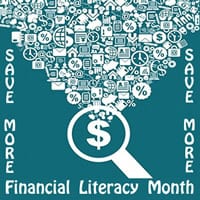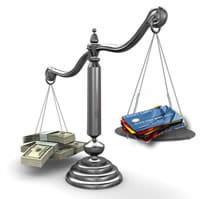
For those of you that were not aware, this summer I purchase a new Microsoft Surface Pro – a 2-in-1 tablet that can be used as a laptop… only to have the screen damaged when we were hit by turbulence on an inter-island flight. 🙁
Since it was really new, I wanted to see if it was covered by someone other than me.
First, I filed a claim with the airline. I found out that carry-on luggage is not covered by the airline. Ugh!
Next, my homeowner’s insurance would probably cover it but we have a large deductible, so that wasn’t the answer for me.
Lastly, I filed a claim with the credit card company. I had used my MasterCard, so I was covered by an Extended Warranty which doubles the warranty period. But that didn’t work because this type of damage isn’t covered under warranty.
However, MasterCard does offer Purchase Assurance for 90 days from the date of purchase.
I wasn’t sure how close I was to the 90 days, so I initiated the claim from Hawaii to be safe and completed the paperwork when we returned home. Good thing, because it happened at 86 days. This is one of the many benefits of using a credit card to make a purchase.
So, I was safe right? Wrong. Unfortunately for me, I wasn’t covered because I purchase a refurbished item. It was a hard and expensive lesson to learn that refurbished items are not covered by the credit card protection from MasterCard. The financial industry is ever changing and you must always read the fine print.
In the end, I found out that Microsoft has a replacement policy so I was able to purchase a new tablet for substantially less than full retail price. The people at the Microsoft store were wonderful. Now I have my new laptop /tablet and am ready to go – this time with a new shatter proof case!











